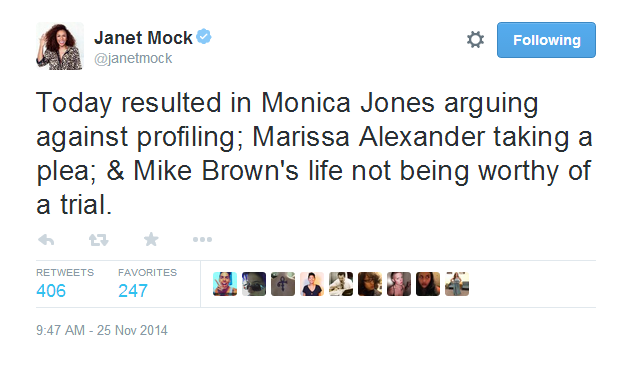Ballroom dance star, actress, model, and former Playboy Playmate, Bianca Baxter, aka Barbie Mizrahi, passed away on December 21st. You can contribute to the fund for her service here. Ashley Renee Benson was found murdered in a Doubletree Inn in Portland, Oregon. Her family, whom she spent Christmas Day with, said they had no knowledge… Continue reading The Week in Links—January 2nd
Category: The Week in Links
The Week in Links—December 20th
You can contribute to longtime sex worker activists Jill Brenneman and Amanda Brooks to help them pay their medical expenses using the email abrooks2014@hush.com through Giftrocket. Brenneman and Brooks were abused and terrorized by a client over a span of two and a half years—they discussed their devastating story with Tits and Sass co-editors Caty and… Continue reading The Week in Links—December 20th
The Week in Links—December 12th
Have you heard about the new regulations on porn made in the United Kingdom? You know, the oddly specific rules that have banned pissing and whipping and squirting and jazz hands and weird mustaches? They’ve at least inspired the coolest protest ever. Three words: MASS FACE SITTING. Speaking of dumb laws in the UK, Britain’s established… Continue reading The Week in Links—December 12th
The Week in Links—December 5th
Monica Jones was barred from entering Australia for the last three weeks of her student placement and ultimately deported back to the United States. Eloise Brook at the Guardian wrote an intelligent and pointed response, asking how a social work student becomes a national threat. Gloria Steinem’s latest move, signing the open letter to the AP… Continue reading The Week in Links—December 5th
The Week In Links—November 28th
Trans and sex workers’ rights activist Monica Jones appealed her conviction on false charges of “manifesting prostitution” this Monday. In related news, Project ROSE, the criminally wrongheaded alliance between the Arizona State School of Social Work and the Phoenix police in which sex workers were arrested in stings and funneled into jail or diversion programs,… Continue reading The Week In Links—November 28th



